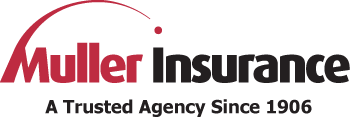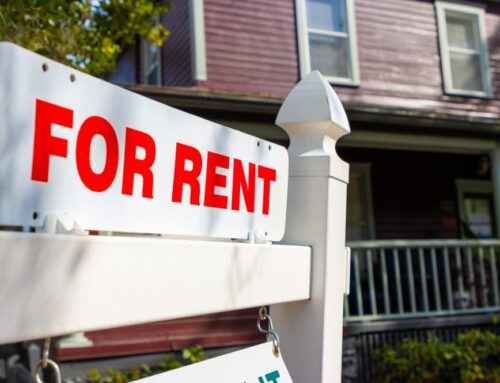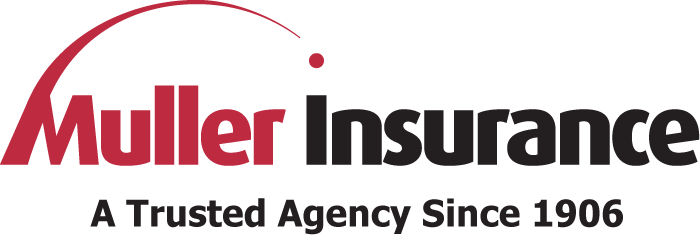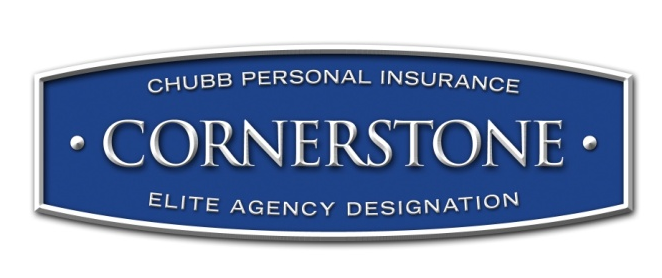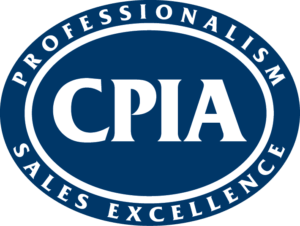What is property insurance? It is a general term that refers to a group of insurance policies that provide coverage for property owners or renters. Examples of property insurance include homeowners insurance, renters insurance, and condo insurance policies. These policies protect the policyholder when damage occurs from certain instances, such as a fire, theft, weather, and other risks.
Rates for property insurance are typically not fixed, meaning they can fluctuate depending on several factors. Muller Insurance is an independent insurance agency provides affordable property insurance policies. We proudly serve clients in New York, New Jersey, Connecticut, Maryland, and many other states. Here, we offer insurance tips and explain the factors that influence property insurance rates and why those rates are on the rise.
Property Insurance Considerations
Rates for property insurance are always fluctuating. With increases, it’s natural to wonder what is driving the surge in pricing. The factors that are contributing to increased property insurance rates include:
More Extreme Weather
Weather plays a significant role in property insurance rates – which is especially true for extreme weather conditions. An increase in the frequency and severity of natural disasters, such as hurricanes, wildfires, and severe storms, has resulted in a surge in property insurance rates. This is because these occurrences often result in significant property damage, leading to an influx in insurance claims. As insurance providers pay out larger claims due to an increase in disasters, they offset their losses by raising property insurance premiums.
Understaffed Labor
Like so many other industries, the construction sector is facing a skilled labor shortage. The limited availability of workers has resulted in added expenses related to wages, supply chain problems, and other construction issues. These circumstances have caused labor costs to increase. Insurance companies adjust for this by raising rates for property insurance.
Rising Material Costs
Another key element to increased rates is the cost of repairing property in the event of a loss. Limited building supplies and inflation have created a recipe for rising material costs. Material goods for construction, lumber, and roofing materials have all seen an increase in costs within the last year. As building costs go up, so does the cost to repair or replace property damaged by certain circumstances.
Insurance Tips to Combat Rising Rates
Some market conditions are out of your control. However, there are steps you can take to help keep costs down, such as:
- Review your policy: Policyholders can review their coverage to ensure they are not paying for protection they don’t need.
- Consider bundling: In some cases, policyholders can receive discounts for bundling eligible insurance policies. This can include dwelling coverage, condo coverage, and others.
- Explore discounts: Many insurance providers offer incentive programs that reward policyholders in various ways, including a reduction of rates.
Get an Affordable Rate Today
Property owners seeking affordable property insurance rates should turn to the team at Muller Insurance. As an independent insurance agency, we work with premier insurance partners to ensure our clients get the best price. Our partnerships include:
- Bay State Insurance Company
- Chubb Insurance
- Cumberland Mutual
- Farmers Insurance
- Federal insurance programs
- Fidelity National Title Insurance
- Fitchburg Mutual Insurance Company
- Foremost Insurance Group
- Franklin Mutual Insurance (FMI)
- Great Northern Insurance Agency
- Lemonade
- Merrimack Mutual Fire Insurance Company
- National General Insurance
- Plymouth Rock Assurance
- Progressive
- Safeco Insurance
- Stillwater Insurance
- The Andover Companies
- The Norfolk & Dedham (N&D) Group
- The Philadelphia Contributionship
- Travelers Insurance
- TypTap Insurance Company
We offer assistance for property owners in many states, including New York, Connecticut, Maryland, Rhode Island, Massachusetts, Pennsylvania, Washington D.C., North Carolina, South Carolina, and Virginia. Contact us today to learn more or to get a quote.
